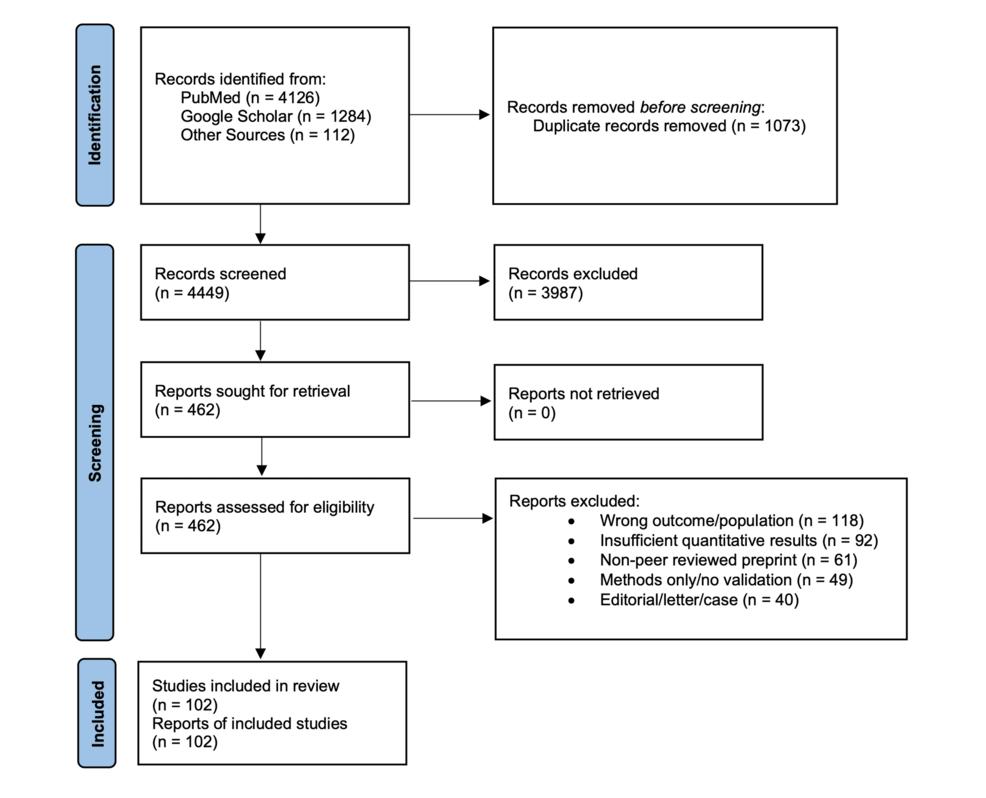Artificial intelligence (AI) has certainly emerged as a transformative technology in the field of medicine.In ophthalmology, it is a catalyst for innovation in the methods used to diagnose, manage and treat various eye diseases.This article provides a detailed overview of the literature regarding the implementation and use of AI technology in the field of ophthalmology. A detailed search of the available literature on the use of AI in the field of ophthalmology was conducted through the PubMed and Google Scholar databases.Published literature on the role of AI in the screening, diagnosis and management of common eye diseases such as diabetic retinopathy (DR), cataracts, glaucoma and age-related macular degeneration (AMD) was reviewed.Particular emphasis was placed on the effectiveness and limitations of recently developed AI systems for the detection and management of eye conditions.We screened records (n=4449) and included (n=102) studies in retina, glaucoma, cornea, pediatric ophthalmology, neuro-ophthalmology, ocular oncology, surgery, emergency medicine, and tele-ophthalmology. Deep learning (DL) and machine learning (ML) algorithms have shown great performance in analyzing ophthalmic data, including optical coherence tomography and retinal images, to accurately diagnose and classify diseases, predict disease progression, and personalize different treatment plans.In addition to common eye conditions, the use of AI has spread to other areas of ophthalmology, such as pediatric ophthalmology, oculoplastic and reconstructive surgery, as well as the triage and management of emergency eye conditions.Various AI systems have demonstrated accuracy similar to that of clinical experts, with the added benefit of being less subjective and time-consuming.Despite significant progress, various challenges related to regulatory approvals, standardization, data quality, and ethical considerations are still hindering the widespread implementation of AI in ophthalmology. The literature clearly shows the transformative role of AI in the screening, diagnosis and management of various eye conditions.However, currently, there are various challenges and limitations in implementing AI.Future research should focus on addressing these challenges and optimizing the use of AI algorithms to improve patient care in ophthalmology.
Why did you post it?Click below to learn.
Provide various advertising and sponsorship options for operators to block demographic information.
Provides a great and effective experience and review experience without sacrificing recording time.
Create broad awareness and provide directly relevant, peer-reviewed clinical experiences to potential clients.
Dedicated Cranial Radiosurgery: Medical technology is innovation
Sponsored by Zap Surgical Systems
Real-time adaptive control research on helical and robotic RT platforms
Sponsored by Accuray, Inc.
Medical science journal
Please note that by doing this, you agree to be added to our monthly e-newsletter distribution list.
By joining, you agree to our Privacy Policy and Terms of Use








